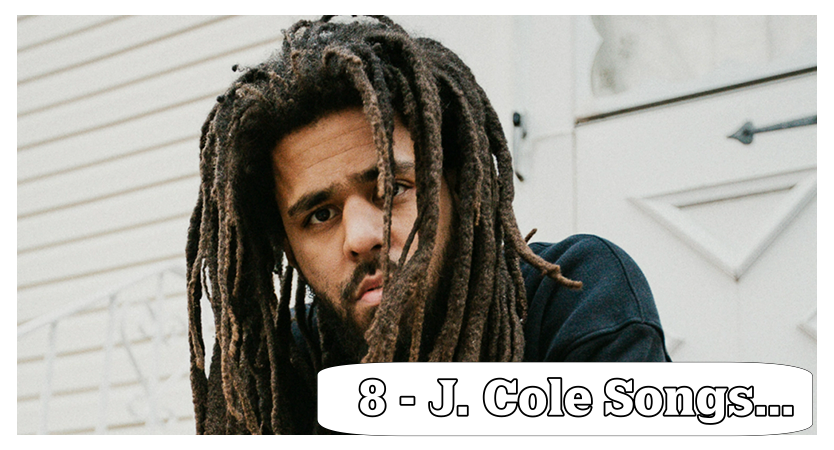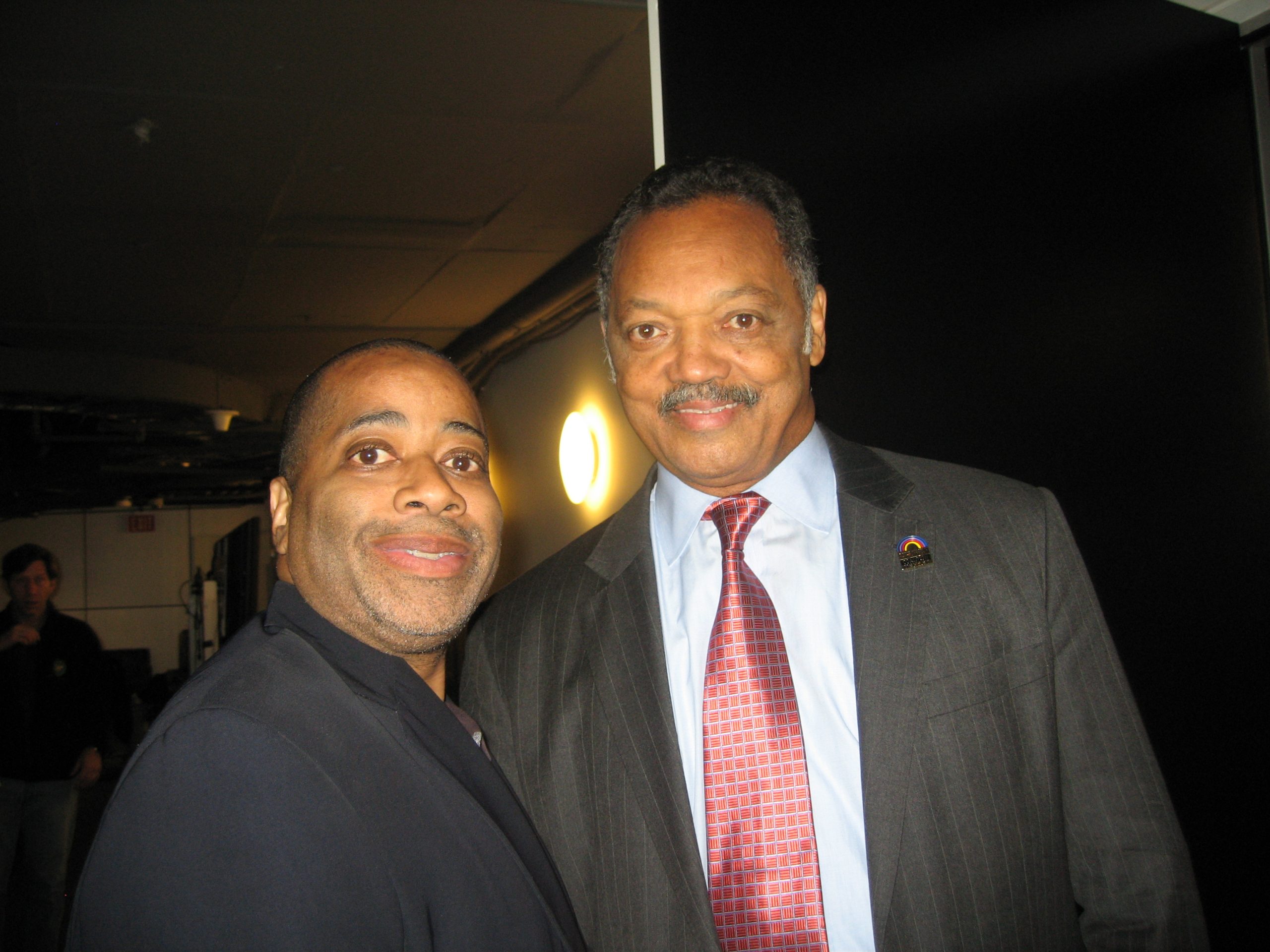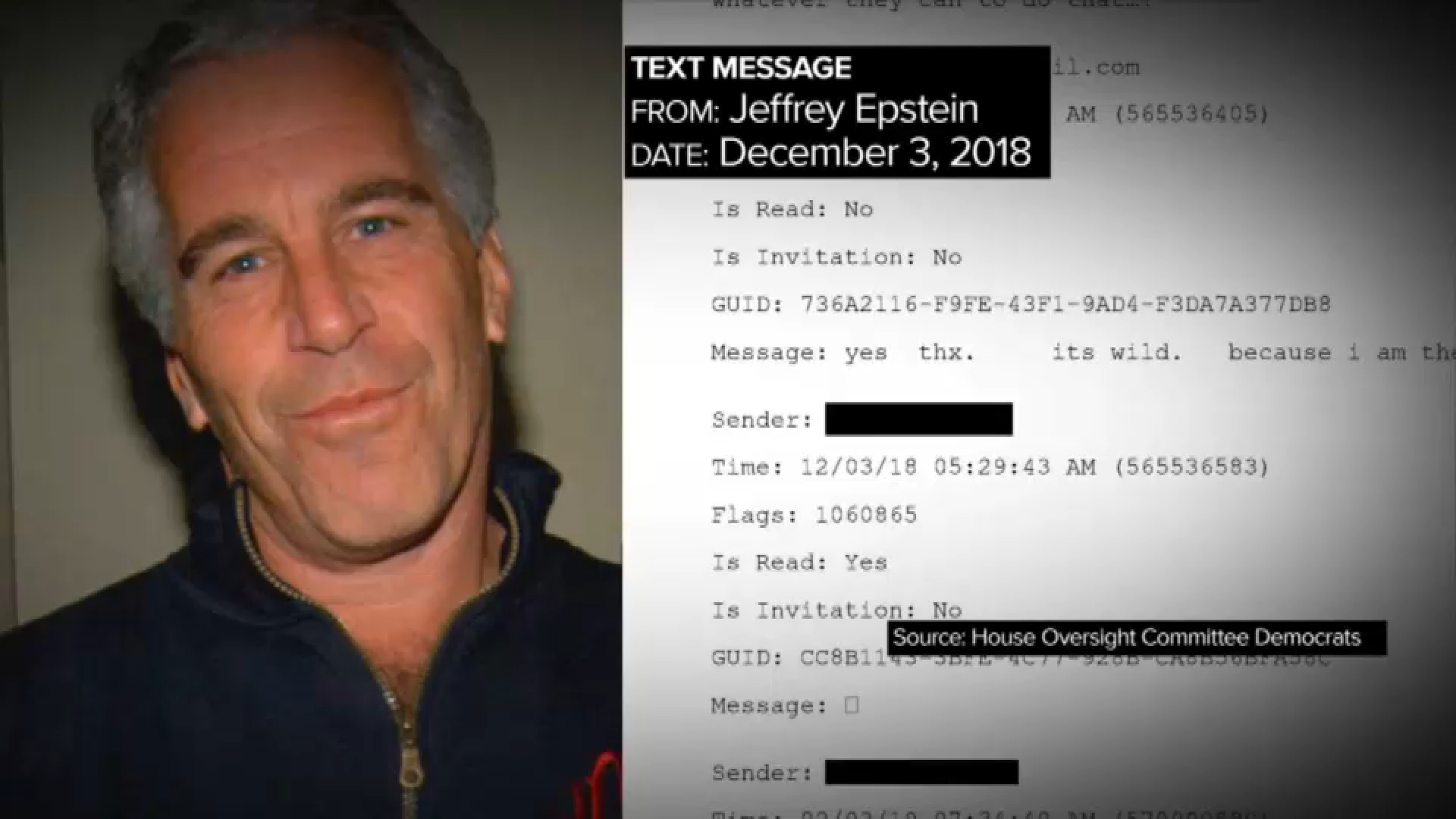(ThyBlackMan.com) Few artists in modern hip-hop have consistently delivered a body of work as thoughtful, layered, and emotionally resonant as J. Cole. From his earliest mixtape days to his chart-topping studio albums, Cole has carved out a distinct space in rap—one grounded in introspection, storytelling, and lyrical integrity. Whether offering sharp social commentary, exploring the nuances of personal growth, or bridging generational divides within the genre, J. Cole’s music continues to influence both fans and fellow artists.
This curated selection highlights eight standout tracks that capture the depth and versatility of his artistry. Each song reflects a different chapter in his evolution and demonstrates why his music remains relevant—and frequently revisited—even years after release. For longtime listeners and newcomers alike, these tracks offer a compelling lens through which to explore J. Cole’s lasting impact on hip-hop.

5. “MIDDLE CHILD”
“MIDDLE CHILD” is more than just a standalone single—it’s a statement of positioning, purpose, and maturity. By declaring himself the “middle child,” J. Cole acknowledges his role as both a student of the game and a leader for the next generation. There’s something strategic about how he places himself: not above, not below, but precisely between. This in-between space gives him a unique vantage point, and he uses it masterfully to critique, celebrate, and affirm his place in the culture.
Produced by T-Minus, the instrumental is lush with haunting horns and deliberate pacing, giving the song a sense of cinematic grandeur. It’s bold but not brash—like walking into a room and speaking just loud enough for everyone to stop and listen. Cole’s voice rides the beat with smooth precision. He doesn’t scream for attention—he commands it with control and poise. That quiet dominance is a testament to his confidence in his own voice and vision.
Lyrically, the track is packed with subtle jabs and deep reflections. Cole touches on everything from industry fake-outs and designer trends to the emptiness of clout-chasing. He’s not necessarily taking shots at individuals—he’s taking aim at a mentality. He’s tired of the games, tired of the mimicry, and “MIDDLE CHILD” is his way of drawing a line in the sand. He also shows love to younger rappers, signaling that mentorship doesn’t require ego or self-erasure.
Five years later, “MIDDLE CHILD” still holds its weight in gold. In an era increasingly defined by division—old versus new, conscious versus commercial—Cole’s ability to stand at the crossroads with clarity and purpose makes this track an enduring anthem. It’s the sound of someone who’s found his lane and is not swerving for anyone.
6. “The Climb Back”
“The Climb Back” is J. Cole at his most technical and lyrical—he’s not trying to impress with hooks or gimmicks; he’s showcasing the raw essence of emceeing. There’s a meditative quality to the beat, almost hypnotic, which gives the song a floaty, dreamlike atmosphere. But what Cole does with that canvas is anything but soft—he delivers a lyrical exhibition filled with complexity, depth, and emotional grit.
The song dives deep into themes of trauma, regret, and resilience. Cole reflects on violence in his community, the pitfalls of fame, and the loneliness that comes with trying to remain true in a game that often rewards the opposite. It’s a track of dualities: pain and perseverance, ego and humility, reflection and ambition. Cole isn’t just making music—he’s auditing his own spirit in real time.
There’s also a raw vulnerability in “The Climb Back” that separates it from most lyrical flex tracks. When Cole speaks of friends lost to violence or temptation, he doesn’t do it for dramatic effect—he does it to honor their memory and to warn others. His delivery is calculated yet emotional. You can hear in his tone that this isn’t just creative exercise; it’s therapeutic.
In a streaming culture where attention spans are short, a nearly six-minute rap track with no chorus might sound like a gamble. But “The Climb Back” doesn’t just defy expectations—it exceeds them. In 2025, it stands as a reminder that true craftsmanship still matters. For those who appreciate lyricism as a form of storytelling and self-exploration, this is Cole operating at the top of his form.
7. “No Role Models”
“No Role Models” blends pop sensibility with social critique in a way few rap tracks manage to do. On the surface, it’s catchy and radio-friendly—but underneath that accessibility lies a sharp critique of fame, fatherlessness, and the empty promises of celebrity culture. It’s one of Cole’s most famous songs for a reason: it speaks to both the head and the heart.
The production is crisp and polished, with a memorable sample that injects a hint of melancholy into the track’s bounce. It’s this tension—between upbeat delivery and introspective lyrics—that gives the song its staying power. Cole uses that contrast to reflect on the disconnect between what we idolize and what we truly need. The absence of real-life role models becomes a metaphor for how society often chooses spectacle over substance.
Cole’s verses strike a delicate balance between humor and heaviness. He paints a picture of a culture addicted to the idea of success without responsibility. He calls out the shortcomings in his own life while questioning the values the world holds up. There’s no attempt to sound perfect—just a man sorting through his disillusionment with the world and with himself.
In the years since its release, “No Role Models” has aged gracefully. It’s still a fan favorite, still a playlist staple, and still a conversation starter. In a world flooded with influencers and internet idols, its warning about superficiality and the danger of false role models is more relevant than ever. Cole’s honesty gives the song its weight, and its impact only deepens over time.
8. “January 28th”
“January 28th” feels like an artist’s personal creed wrapped in velvet. It’s reflective, confident, and soulful—a self-portrait delivered in verse. Named after Cole’s birthday, the song opens with a beat that feels like sunrise over a quiet city, soft and golden. The production, courtesy of Cole himself, doesn’t push too hard. It invites you in, wraps around you, and lets the words do the work.
What sets this track apart is how effortlessly Cole blends confidence with humility. He asserts his value without arrogance, recognizing that greatness isn’t always about awards or public praise. He’s more concerned with his impact than his image. In doing so, he challenges listeners to reconsider how we define legacy—especially in a world obsessed with metrics and validation.
There’s a poetic quality to “January 28th” that sets it apart from many tracks on 2014 Forest Hills Drive. It doesn’t need a hook or a flashy concept. It’s just Cole, a beat, and a stream of consciousness that somehow feels both personal and universally applicable. He makes observations about race, capitalism, spirituality, and music with the ease of someone who’s lived each subject intimately.
By 2025, “January 28th” has become one of those rare songs that ages in reverse—it becomes more valuable with time. As the hip-hop world continues to evolve, and as fans look for authenticity amidst spectacle, this track serves as a beacon. It’s Cole’s subtle declaration: greatness isn’t always loud. Sometimes, it’s found in quiet conviction and the courage to walk your own path.
Staff Writer; Jamar Jackson

















Leave a Reply